Growing your own set of herbs is a perfect way to bring more prosperity to your life. While herbs are great for garnishing your food, the medicinal properties and presence in your home make medicinal herb gardens one of the most rewarding practices to cultivate. Read on to find out how to grow a medicinal herb garden and give yourself a little pick-up at the same time.
Luckily, growing herbs is a great fit for any skill level. Herbs often grow much faster than vegetable gardens, using less space in the process. If you are nervous about getting started, these herbs described below are great for starting out!
In this post, I want to show you some ways you can set up your own herb garden, the best medicinal herbs to grow, and the medicinal benefits they bring.
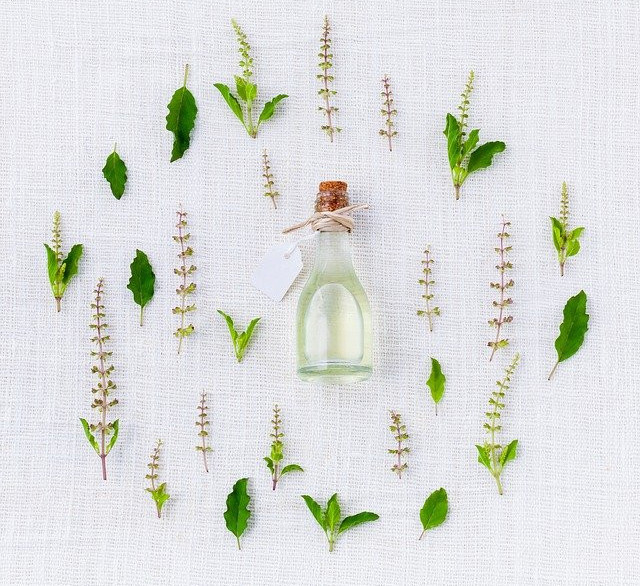 Herb Garden Setups
Herb Garden Setups
Yes, there is more than one way to set up your new plant assortment. Herbs can be grown in tiny pots, large outdoor garden plots, and anything in between. Choose which option is best for you. Perhaps you have an open window box to grow in or room for a couple of flower pots along your windowsill. No answer is a wrong answer here. You can even use old yoghurt pots if you have very limited space.
Care Tips for Herbs
Every individual plant has its own needs when it comes to light, water, and germination. Whether you are a beginner or a seasoned green thumb, here are the best ways to care for a growing garden:
- Water when the soil feels dry. The best time to water is in the early morning, where the soil has time to absorb water before it evaporates away in the sun.
- Use pots with drainage holes. It is super important for excess water to drain out of the bottom of the pot, so the soil does not stay swampy and waterlogged. Overwatering leads to root rot, a bacterial infection which can kill your plants. Prevent this from happening by potting in nursery pots with holes in the bottom.
- Start small. It is best to start with two or three herbs to begin with, rather than start with 10 different varieties from scratch. Don’t overwhelm yourself with too much on your plate. Once you get to know your plants and have learned how to look after a few, you can then move on to learn about some more.
- With fertilizer, less is more. If you choose to use fertilizer, follow the instructions on the label carefully. Too much fertilizer can shock the foliage, so begin with small and diluted doses.
Best Medicinal Herbs to Grow
Here are some of my favourite herbs for a healthy and mindful lifestyle.
Lavender
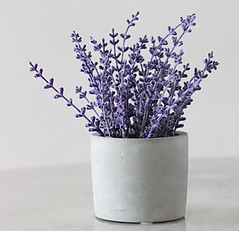
Lavender is known for its calming effects, purple flowers, and sweet relaxing scent. I love using lavender in aromatherapy to ease my stress, anxiety, and insomnia. Lavender is a natural mood booster that I always enjoy growing in my home.
As an added bonus, lavender is wonderful for our ecosystem. Since this purple herb is a pollinator plant, growing the herb outdoors attracts bees and other helpful pollinators, supporting the fragile honeybee population.
Tulsi
Nicknamed “Holy Basil”, Tulsi is an herb native to Southeast Asia. While this may be one of the lesser known herbs, Tulsi is commonly used in an alternative health practice
known as Ayurveda. Science is now catching up to support the benefits of Tulsi in Ayurveda, addressing physical, mental, and psychological health complications.
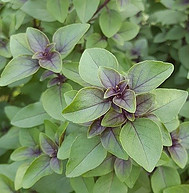
Tulsi may look like conventional basil but has a rather different flavour. Raw Tulsi tastes buttery, sweet, and somewhat minty. Enjoy utilizing Tulsi in tea and skincare recipes for a natural boost.
Chamomile
The use of chamomile has been known for centuries, traced all the way back to Ancient Rome. The medicinal effects of chamomile allow the herb to be used as a remedy
for inflammation, nausea, anxiety, and much more. You may recognize this as the main ingredient in chamomile tea blends!
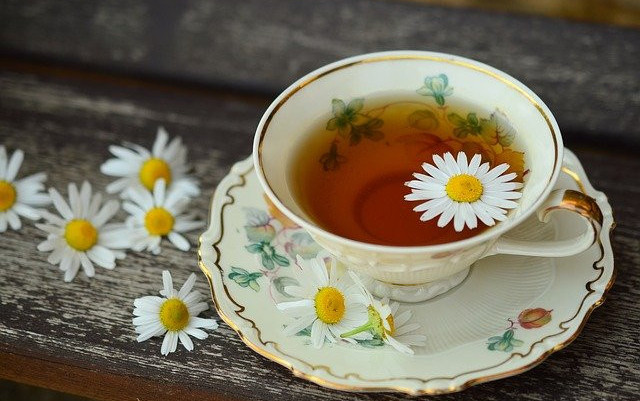
Chamomile herbs germinate quickly and grow best in cooler weather conditions. As long as you provide a decent amount of lighting and water when the soil is dry, you will have your own batch of chamomile in no time.
Garlic
Yes, garlic is a medicinal herb. Along with its tasty flavour in cooking, garlic boosts your natural immunity. The anti-inflammatory properties of garlic are proven in various research studies, reducing your chance of catching the common cold, colon cancer, and anything in between. It looks like we all now have an excuse to add this tasty herb to more of our home-cooked dishes!
To grow garlic, purchase growing bulbs from a local plant store. Bury the garlic under the soil, providing enough light and water as the cloves slowly grow. After 6-12 months, uproot the plants and enjoy the full garlic bulbs that were hiding under the soil all along.
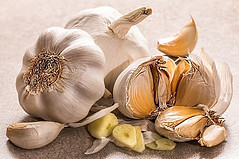
Raw garlic contains the most health benefits, as excessive temperatures can kill off nutrients. However, if you are careful, garlic can be added to tea, as well as any other savoury meal. Our immune systems can use all the help we can get, so do not hesitate to grow this powerful and natural remedy.
I hope this inspires you to start your own herb garden today! Whether you are gardening to find a new hobby, pursue health benefits, live more mindfully, or all of the above, I am excited to be part of your mindful journey so please leave me some comments below and let me know how you get on.
Articles related to how to grow a medicinal herb garden
How to Start a Vertical Garden

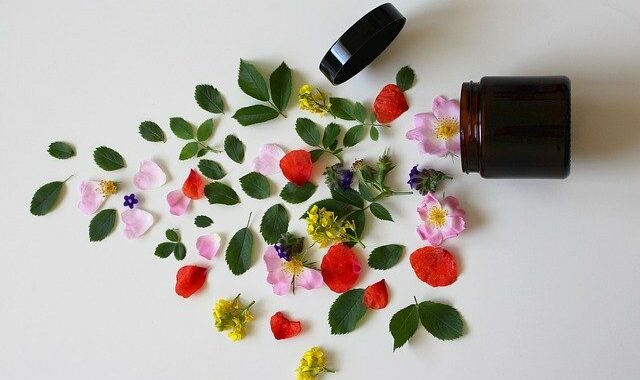
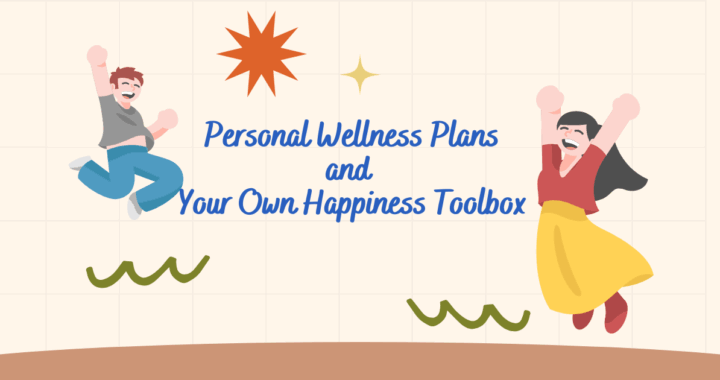
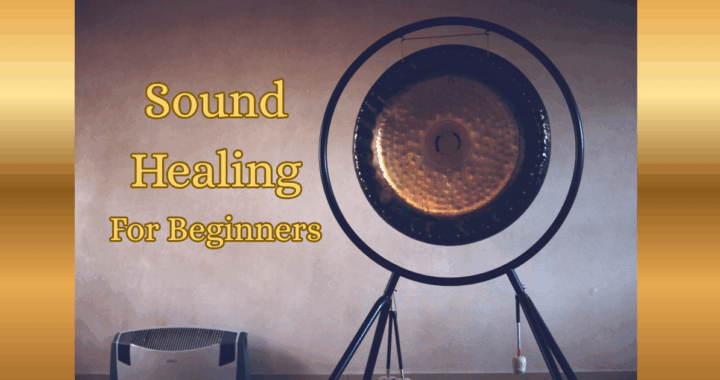

I decided to start my garden after visiting the Botanical Garden of Medicinal Plants of Gombrèn.
It is a very interesting example of a garden dedicated exclusively to medicinal plants and, especially, to mountain medicinal plants. In Catalan it is known as Jardí Botànic de Plantes Medicinals de Gombrèn, and is located in Gerona (Girona). It is ideal for family getaways, school trips for nature lovers, lovers of photography, nature, botany, and medicinal plants.
Thanks for your time in reading the article and commenting, Ann. I have heard of these gardens although I have never had the chance to visit so your comment has bumped it up my list! I love medicinal plants and prefer to use natural remedies over and above more manufactured ones as I believe that nature is a wonderful medicine cabinet in itself.
I would love to grow my own herb garden, both for cooking and drinking. I buy tea all the time from the store, and while that is more convenient and time saving. I feel like growing your own is more rewarding, especially when you finally get to drink the tea you have made yourself.
Thank you for sharing.
Thanks, Champ. I totally agree with you and I love growing peppermint and using the leaves in tea. That’s the great beauty of a herb garden as you say. Thanks for your comment.